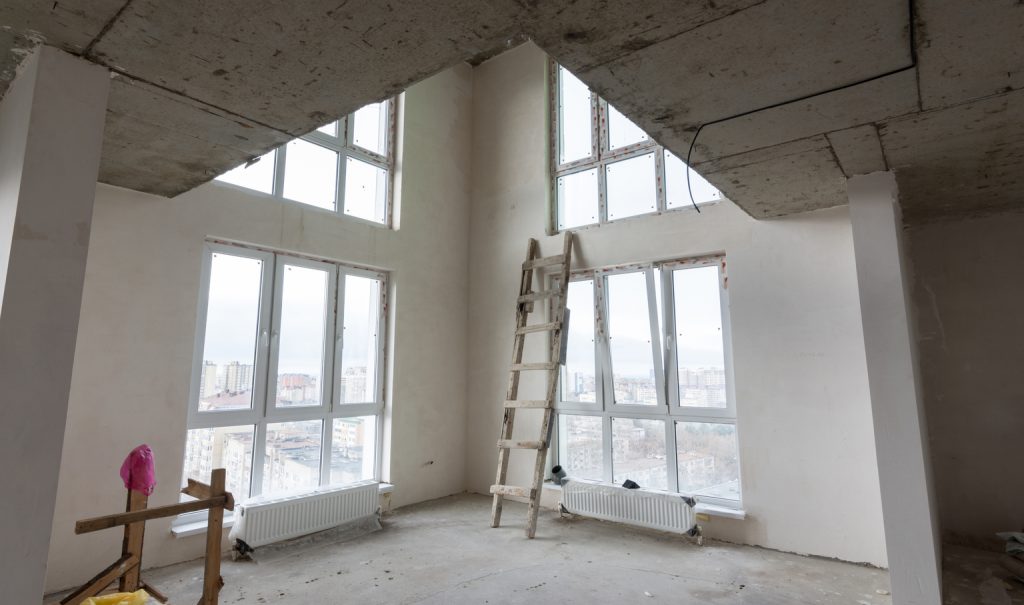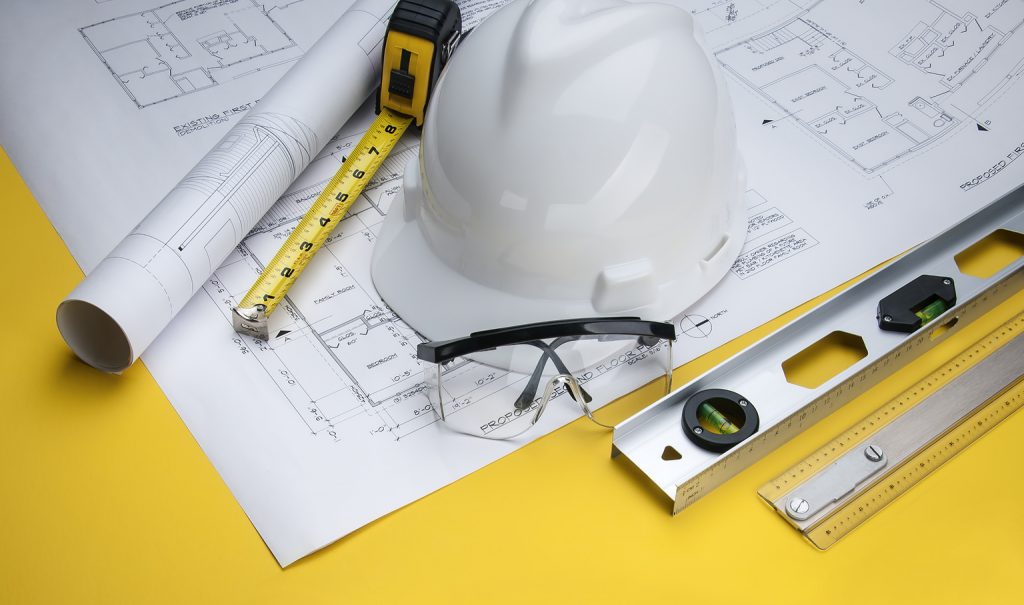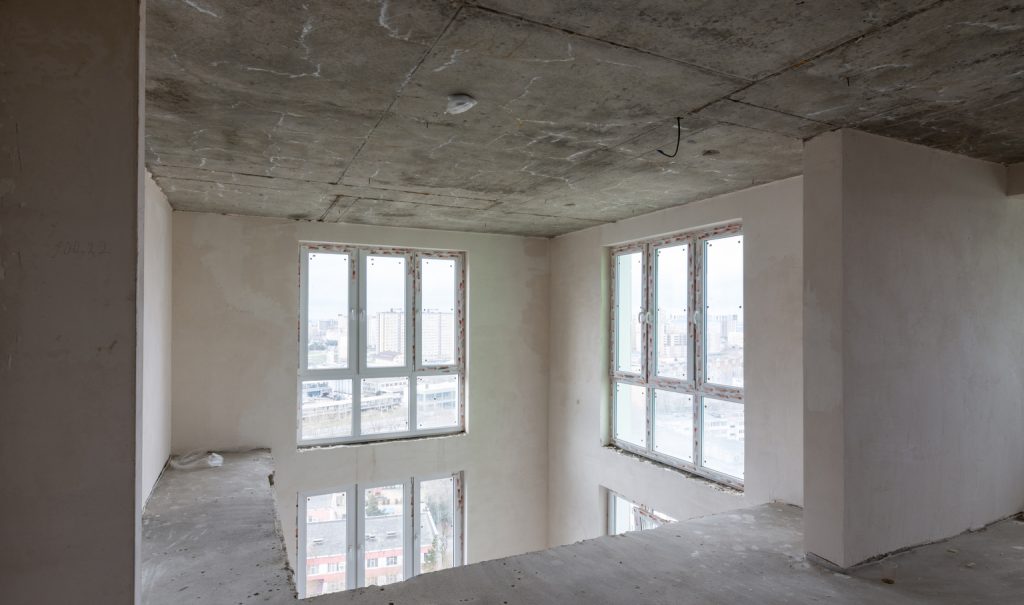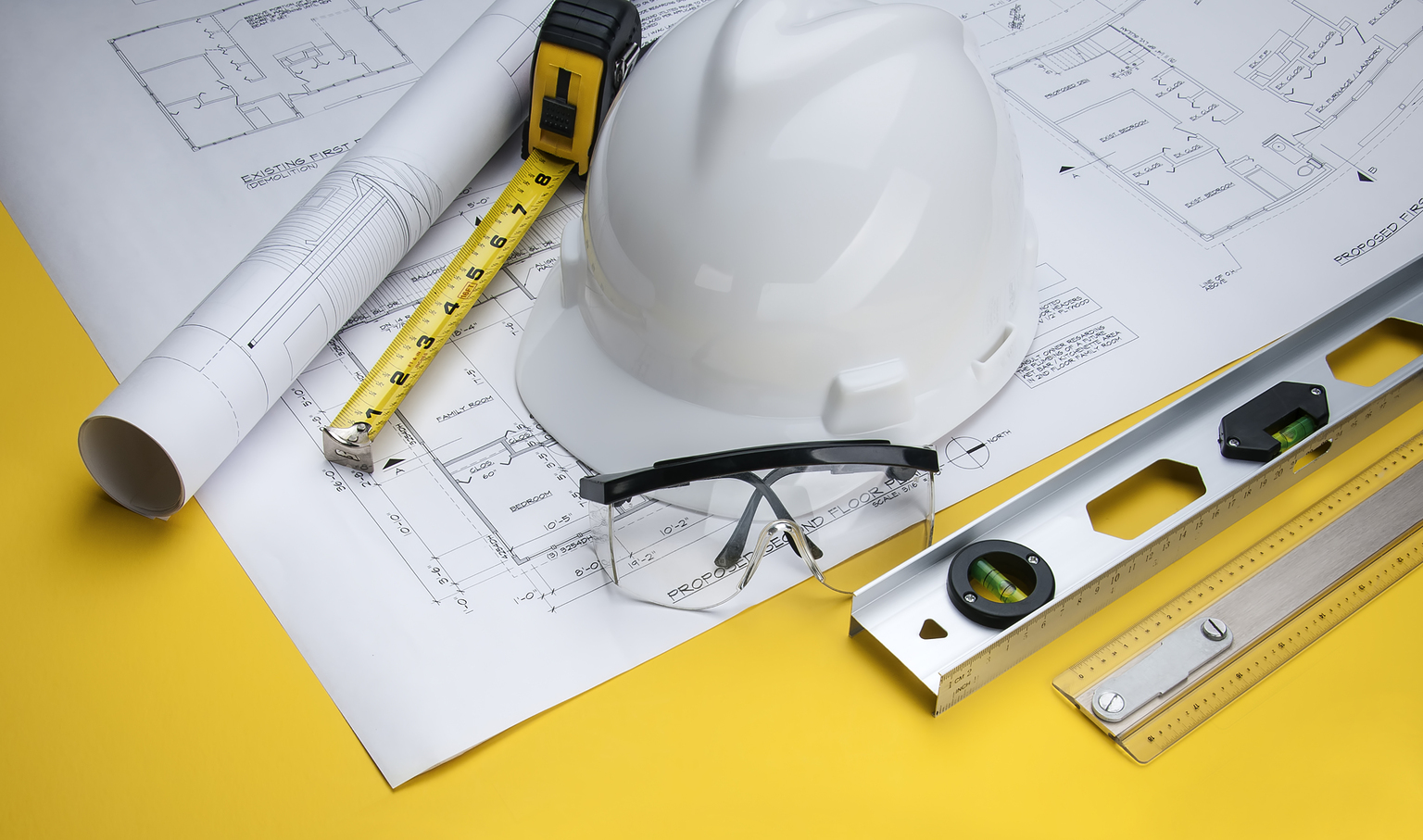Pre-construction planning is essential for ensuring smooth operations during any building project. It provides a roadmap for the entire process, from concept to completion, allowing all involved parties to understand the project’s scope and timeline. A well-structured plan not only avoids delays but also reduces costs that can arise from unforeseen issues.
1- The Foundation of Success
Every successful project starts with a clear plan. Pre-construction planning is about laying the groundwork, ensuring that the project is well-organized before the first nail is hammered. It defines the project’s goals, outlines the budget, and sets timelines that all parties agree upon. This step-by-step approach avoids confusion later on and ensures that everyone is on the same page. Without it, projects can easily spiral out of control, leading to unexpected costs and prolonged schedules.
2- Budget Management
One of the most significant advantages of pre-construction planning is precise budget management. A detailed plan helps to allocate resources efficiently. The cost estimates, when developed during this phase, provide a realistic picture of what the project will entail financially. During pre-construction, contractors and clients can work together to adjust the budget according to needs and priorities. This prevents over-spending and ensures that funds are allocated appropriately throughout the project.

Inadequate planning often leads to last-minute changes, which tend to increase costs dramatically. When every detail is accounted for during pre-construction, there’s less likelihood of expensive surprises down the line. This also makes it easier to identify potential cost-saving measures early on, such as using alternative materials or adjusting design elements without compromising the quality of the project.
3- Improved Scheduling
Time is one of the most valuable resources on any construction project. Delays can be costly, not just in terms of labor but also in terms of extended rental equipment, delayed move-in dates, and possible penalties. Pre-construction planning offers the opportunity to develop an accurate schedule that details every stage of the project. By mapping out timelines, contractors can prepare in advance, ensuring that all required materials and personnel are available when needed.
This level of organization reduces idle time, where workers are waiting on supplies or instructions. An organized schedule also helps to foresee potential bottlenecks, allowing the project team to address issues before they cause significant delays. Time saved during the construction phase translates to financial savings for both contractors and clients.
4- Risk Mitigation
Construction projects are often rife with risks, whether due to weather, materials, or labor shortages. Pre-construction planning identifies these risks early on, enabling teams to develop strategies to mitigate them. Risk management is crucial for avoiding disruptions that can cause delays and additional costs.
Planning ahead allows teams to prepare for worst-case scenarios, such as unexpected weather conditions or supply chain delays. Contingency plans ensure that even when something goes wrong, there’s a strategy in place to keep the project moving forward. Addressing these potential risks during the pre-construction phase minimizes disruptions, saving both time and money in the long run.
5- Streamlined Communication
Clear communication between stakeholders is vital for a smooth project. Pre-construction planning establishes the lines of communication, ensuring that everyone involved knows their responsibilities. This includes contractors, subcontractors, suppliers, and even clients. When everyone understands their role, misunderstandings and miscommunications are less likely to occur.

During the pre-construction phase, regular meetings help to keep the project on track. These meetings also serve as checkpoints to review progress, make adjustments, and address concerns before they escalate. Early and consistent communication ensures that the project runs smoothly, without unnecessary interruptions or confusion.
6- Efficient Resource Allocation
Every construction project depends on a variety of resources, including labor, materials, and equipment. Pre-construction planning ensures that these resources are used efficiently. By outlining the requirements of the project in detail, it becomes easier to determine the best way to allocate these resources, avoiding waste and ensuring that everything is in place when it’s needed.
Resource planning during this phase also helps to avoid costly delays. For example, ensuring that materials are ordered in advance prevents hold-ups due to supply shortages. Similarly, scheduling labor in line with the project’s timeline ensures that workers are not sitting idle, waiting for the next phase of the project to begin.
7- Preventing Change Orders
Change orders are one of the most common sources of delays and increased costs on construction projects. These occur when changes to the project scope, design, or materials are made after the construction has already begun. Such changes can disrupt the workflow, cause delays, and increase costs significantly.
Pre-construction planning helps to minimize change orders by finalizing the design, materials, and budget before work starts. By investing time in planning, all stakeholders can make informed decisions early on, reducing the need for mid-project alterations. This prevents disruptions and ensures that the project stays within its original budget and timeline.
8- Better Client Satisfaction
Clients appreciate when their projects are completed on time and within budget. Pre-construction planning sets the foundation for this level of client satisfaction. By providing a clear roadmap of the project, clients know what to expect at every stage. It also allows clients to be involved in the decision-making process, ensuring that their needs and preferences are considered from the outset.

When a project runs smoothly and efficiently, it reflects positively on the contractors and builders involved. Satisfied clients are more likely to return for future projects and recommend services to others, making pre-construction planning not only a practical step but a marketing advantage as well.
9- Legal and Regulatory Compliance
Construction projects must adhere to a variety of regulations and legal requirements. Pre-construction planning ensures that all necessary permits and approvals are obtained before construction begins. This avoids legal delays that could halt progress and add extra costs. Having a clear understanding of zoning laws, safety standards, and other regulations helps to keep the project on track.
By addressing these concerns during the planning phase, the construction team can focus on building, rather than dealing with legal issues later on. This proactive approach saves both time and money while reducing the risk of fines or project shutdowns.
For those starting on a new construction project, investing in thorough pre-construction planning is key to completing the project on time, within budget, and to the satisfaction of all parties involved.
Ready to start your next construction project in Dubai, UAE with confidence?
Contact Capital Asc today for expert pre-construction planning that will save you time and money while providing a full diligence for your project that is completed seamlessly. Let’s build your future, one step at a time.

